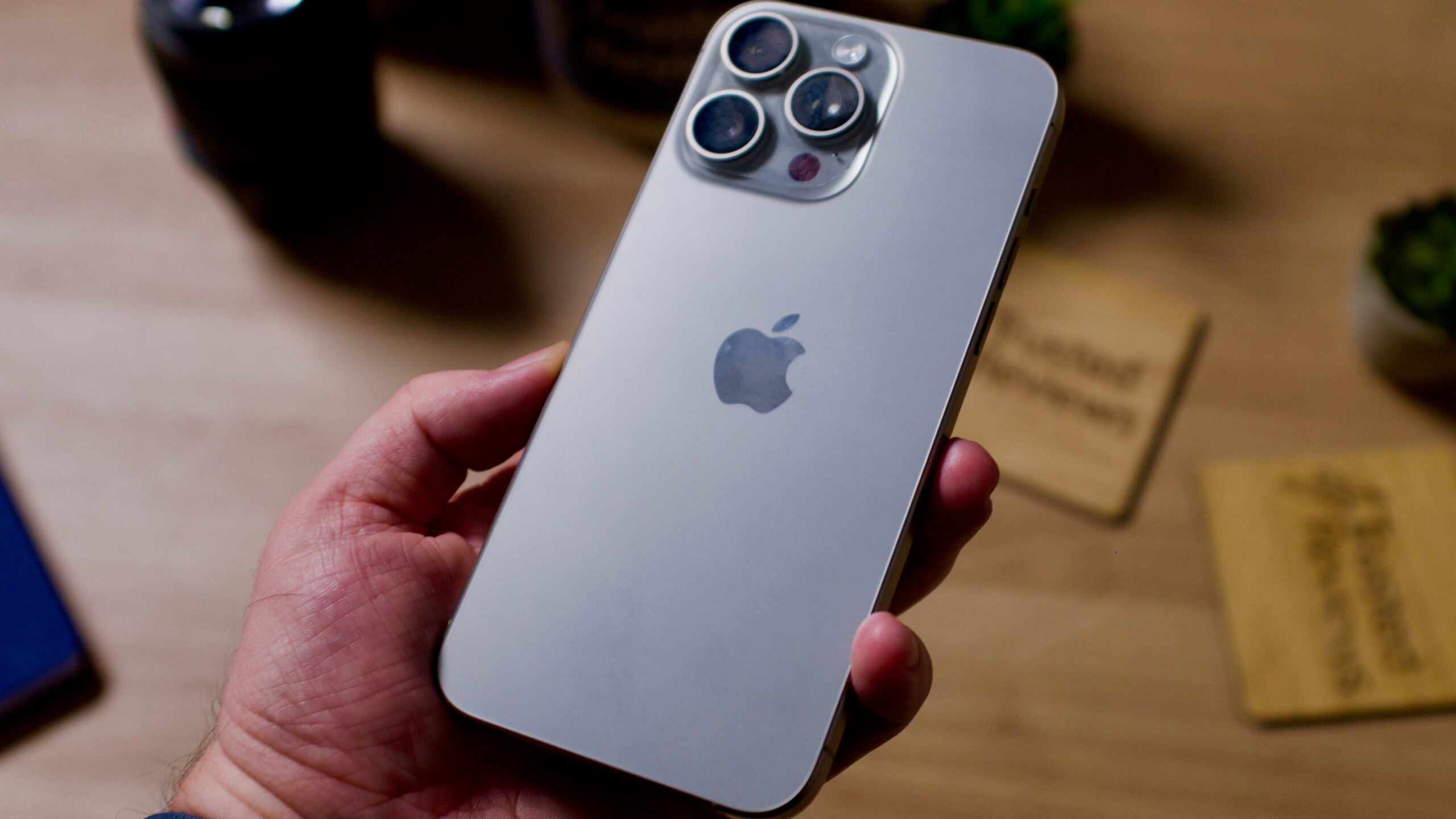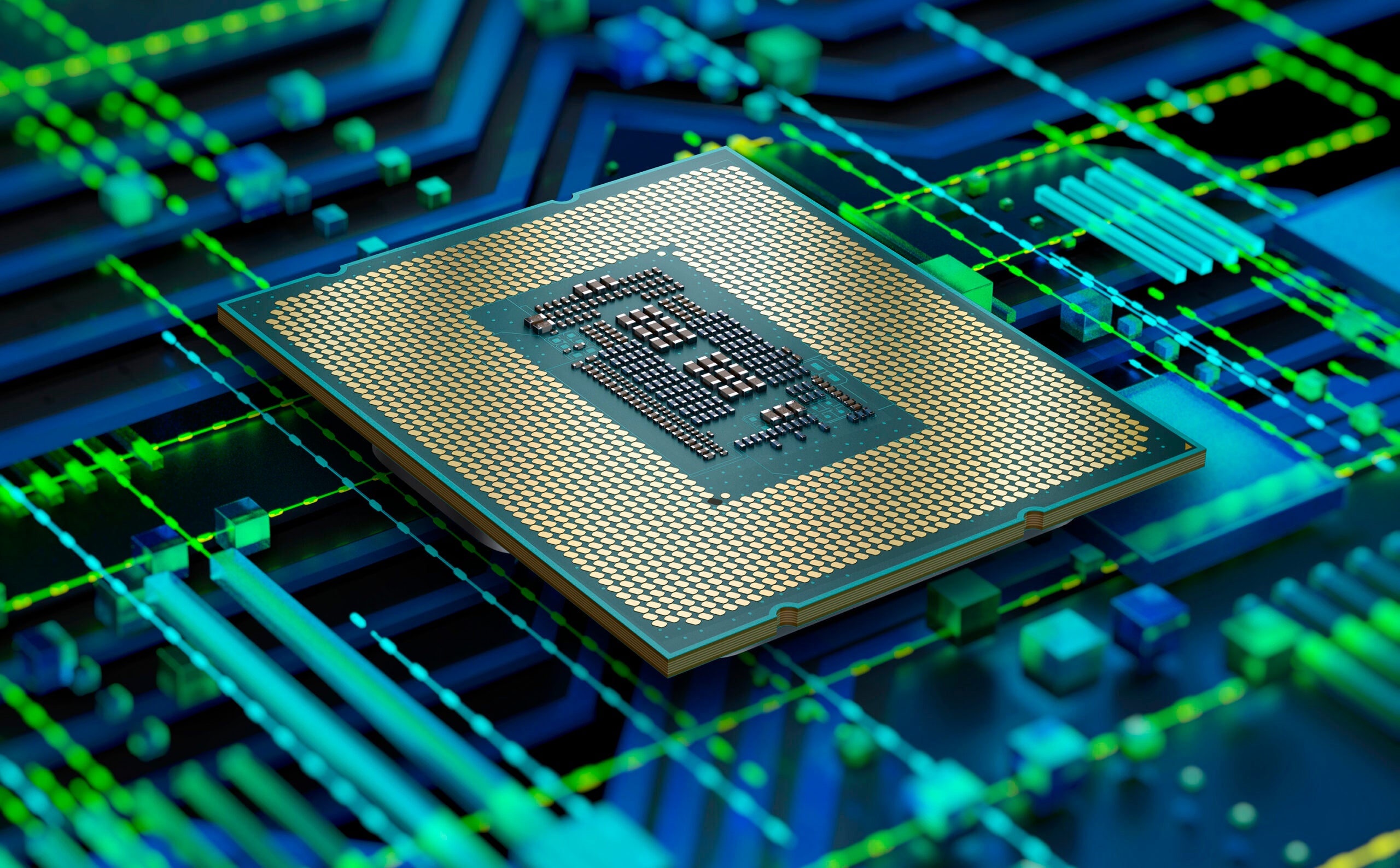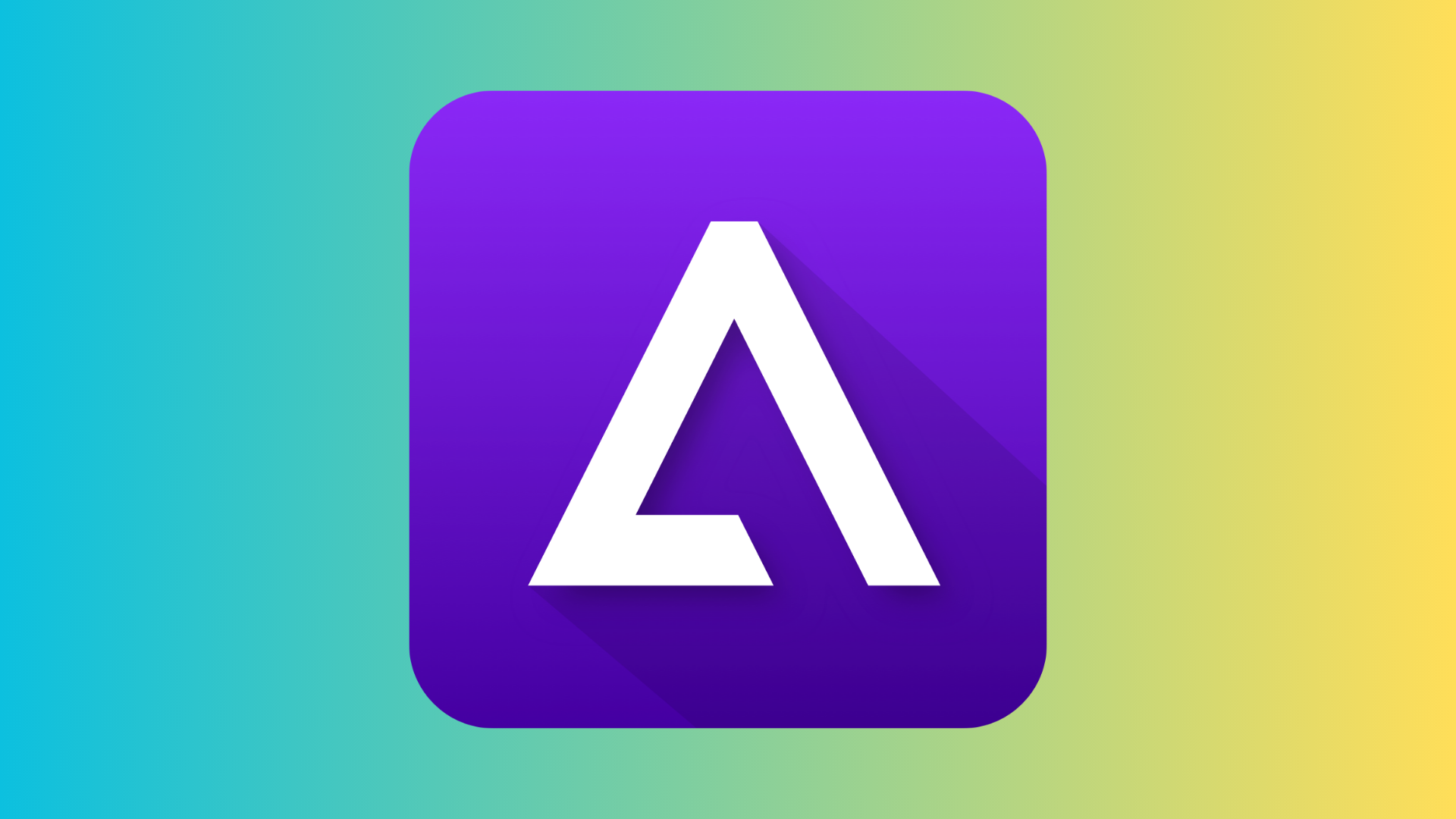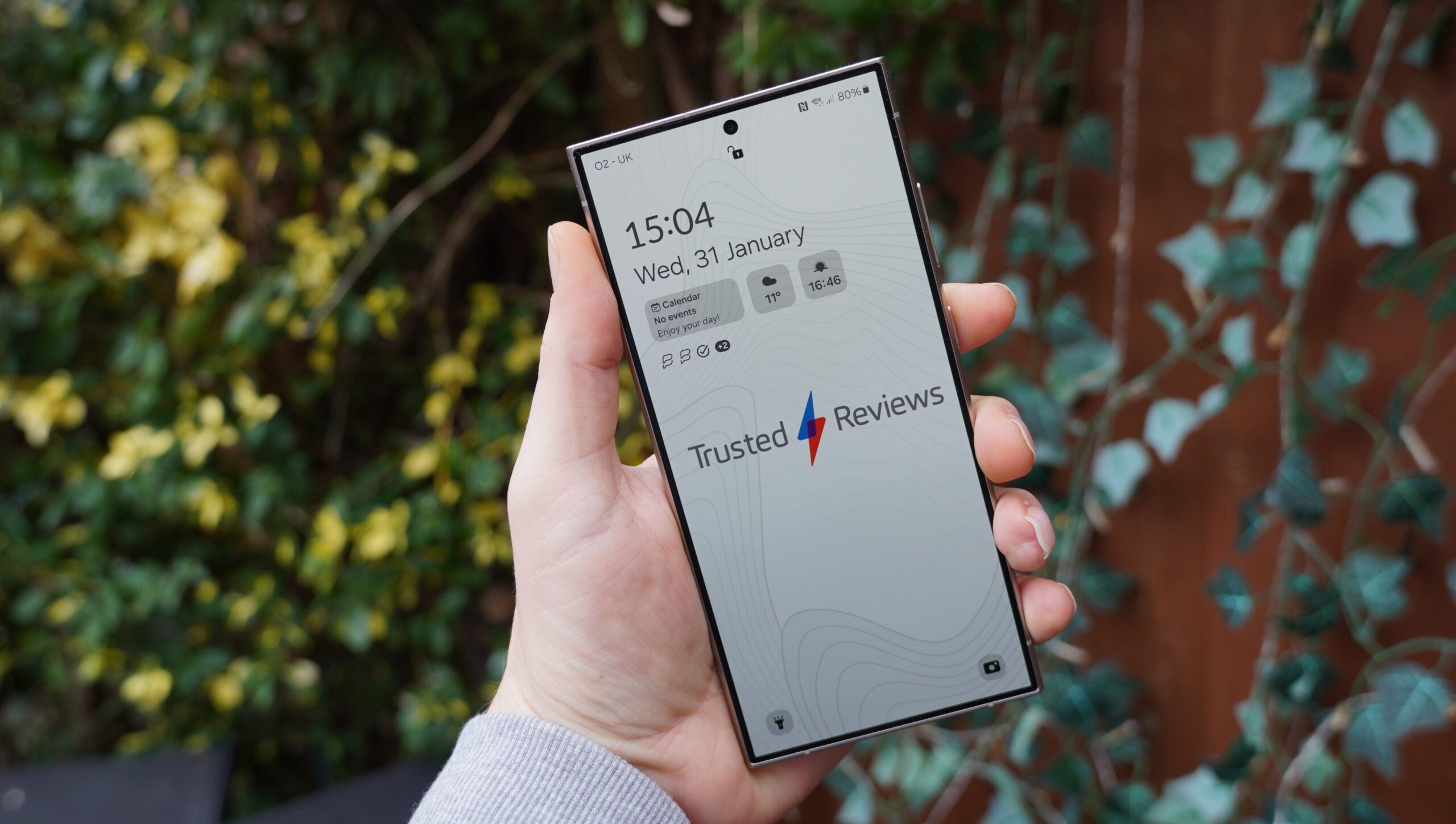What is 3DMark?
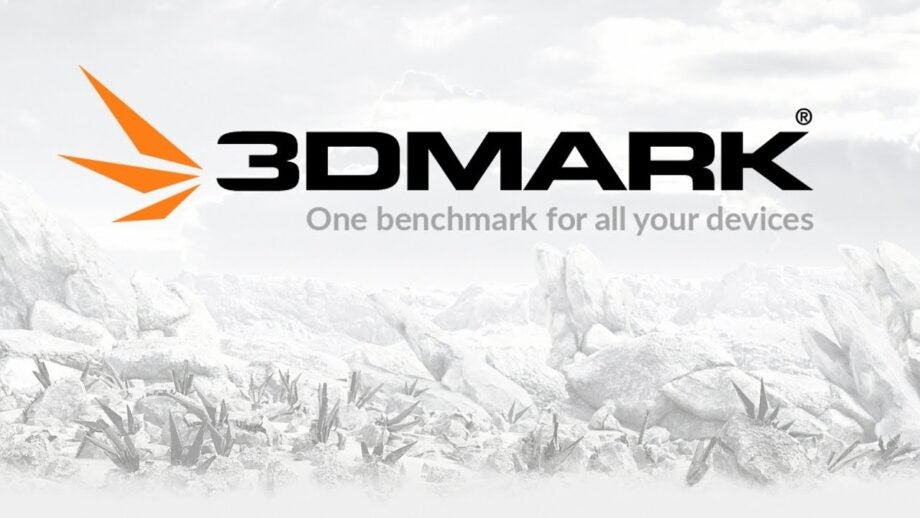
If you want to understand the meaning of the 3DMark benchmarking software, just read this article for all you need to know.
When you’re reading reviews of the latest tech devices, you might see that they are given 3DMark benchmark scores. But what do these mean, and are they of great importance when choosing which phone to buy?
What is 3DMark?
3DMark is benchmark software, meaning that it measures the performance of your device relative to others. The scores you get from 3DMark can be compared to scores from other smartphones or computers in order to judge their maximum performance capabilities.
What does 3DMark measure?
There are several different tests offered by 3DMark, and they all judge different aspects of performance, but overall the tests are specialised for gaming demands, such as graphics rendering, ray tracing, and more. Here are two examples, the most commonly used in our mobile technology reviews:
- Wild Life “test[s] and compare[s] the graphics performance of notebook computers, tablets and smartphones. Wild Life uses the Vulkan graphics API on Windows PCs and Android devices. On iOS devices, it uses Metal. You can compare benchmark scores across platforms.”
- Sling Shot tests “multiple render targets, instanced rendering, uniform buffers and transform feedback. The test also includes impressive volumetric lighting and post-processing effects.”
Here are some benchmarking scores registered on these two tests:
As you can see, these tests allow us to determine superior GPU performance among the listed phones, giving us added insight above the hands-on experience that we’ve had when playing games on these devices.
How can I use 3DMark?
It can be quite easy to use 3DMark for yourself. The mobile apps are free to download on the Google Play Store for Android devices, or the Play Store for iPhones. You can also download it for PC, and the Basic Edition is free but the Advanced Edition comes at a cost ($29.99 at the time of writing).
Are there other benchmarkers?
Yes, there are several other benchmarking tools available to use, and they often measure different aspects of your device’s performance. One alternative is Geekbench 5, which measures CPU performance, and another is AnTuTu which also specialises in gaming performance.


